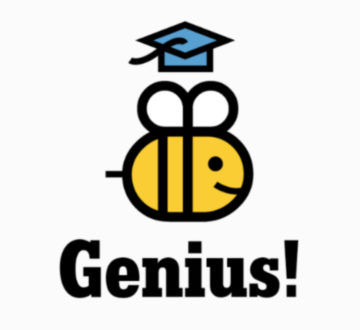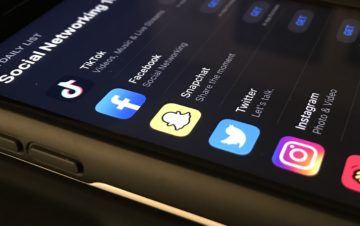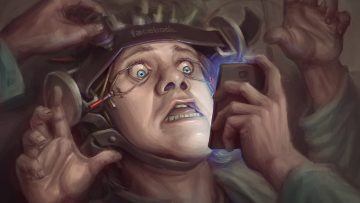by Mark Harvey
 I’ve mostly escaped the selfie photo culture, not out of some virtuous modesty, but because I generally look like a confused mouth-breathing moron in photos. So selfies are more of an indictment for me than something I want to post on Instagram. If I photographed like a Benicio del Toro or George Clooney, all bets would be off. And before I offend and get canceled by any mouth breathers, I am part of the mouth-breathing family due to a deviated septum. At full rest, I sound like one of those artificial lungs in hospitals.
I’ve mostly escaped the selfie photo culture, not out of some virtuous modesty, but because I generally look like a confused mouth-breathing moron in photos. So selfies are more of an indictment for me than something I want to post on Instagram. If I photographed like a Benicio del Toro or George Clooney, all bets would be off. And before I offend and get canceled by any mouth breathers, I am part of the mouth-breathing family due to a deviated septum. At full rest, I sound like one of those artificial lungs in hospitals.
But, my God, there are a lot of people roaming the world who are convinced their friends and followers could use just one more shot of them doing the Bon Jovi fingers on a beach in Cancun. Everywhere you go couples, individuals and families are setting up little super-model sets angling for just the right light, just the right 4” jump off the beach, and just the right expression communicating spontaneity or expensive vacations or being included with the cool crowd.
Instead of going somewhere to enjoy the locale, near or far, social media has turned millions into location scouts ever seeking a good post. Maybe that’s why Mark Zuckerberg changed the name of his company to Meta. What’s more meta than dedicating half your awareness to how you’ll look in a photo? Read more »


 The Machine has me in its tentacles. Some algorithm thinks I really want to buy classical sheet music, and it is not going to be discouraged. Another (or, perhaps it is the same) insists that now is the time to invest in toner cartridges, running shoes, dress shirts, and incredibly expensive real estate.
The Machine has me in its tentacles. Some algorithm thinks I really want to buy classical sheet music, and it is not going to be discouraged. Another (or, perhaps it is the same) insists that now is the time to invest in toner cartridges, running shoes, dress shirts, and incredibly expensive real estate.